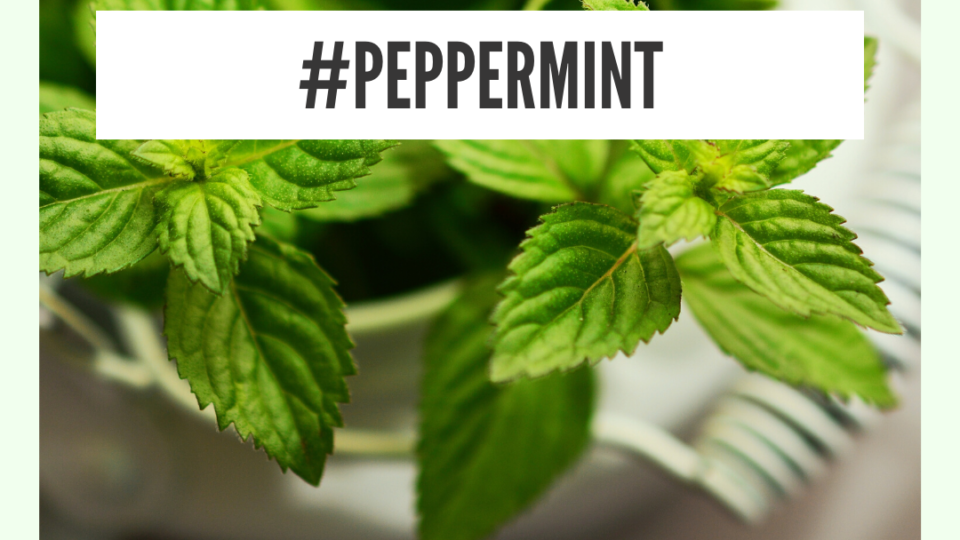
Peppermint
Effects:
- relieves mild pain;
- relieves muscles pain;
- relieves spasms;
- reduces inflammation;
- lowers body temperature;
- helps to disinfect;
- relieves skin rash;
- helps to calm down;
- relieves headache;
- cures sore throat;
- relieves feeling of having something in throat;
- relieves thirst;
- relieves gases;
- relieves diarrhea;
- stimulates digestion;
Acid-Alkaline: ;
Usable parts: leaves, essential oil;
Use:
- leaves in tea, in salads, in smoothies; 2-4 g in day, max 30 g in week;
- essential oil (only in external use) on rubbing skin;
Contraindications: may cause constipation; do not use in long time of period; do not give for children under 5 years.
Character: cool;
Taste: sweet;
Organs Affected: liver, lungs;
Explanation:
Today’s world-renowned chilling peppermint hybrid peppers were first cultivated in 17th-century in England. Peppermint teas are commonly used to support digestion after meals, to relieve gas and flatulence, but also for headaches and migraines due to poor digestion.
Clinical studies have shown the healing effect of peppermint essential oil on irritable bowel syndrome. Essential oil has effect on the colon, it relieves spasms and irritation and reduces the sensitivity of nerve endings in the intestinal wall. Mild peppermint tea can be safely used for gases, bloating, belching, colic and to reduce bad breath.